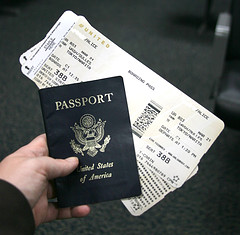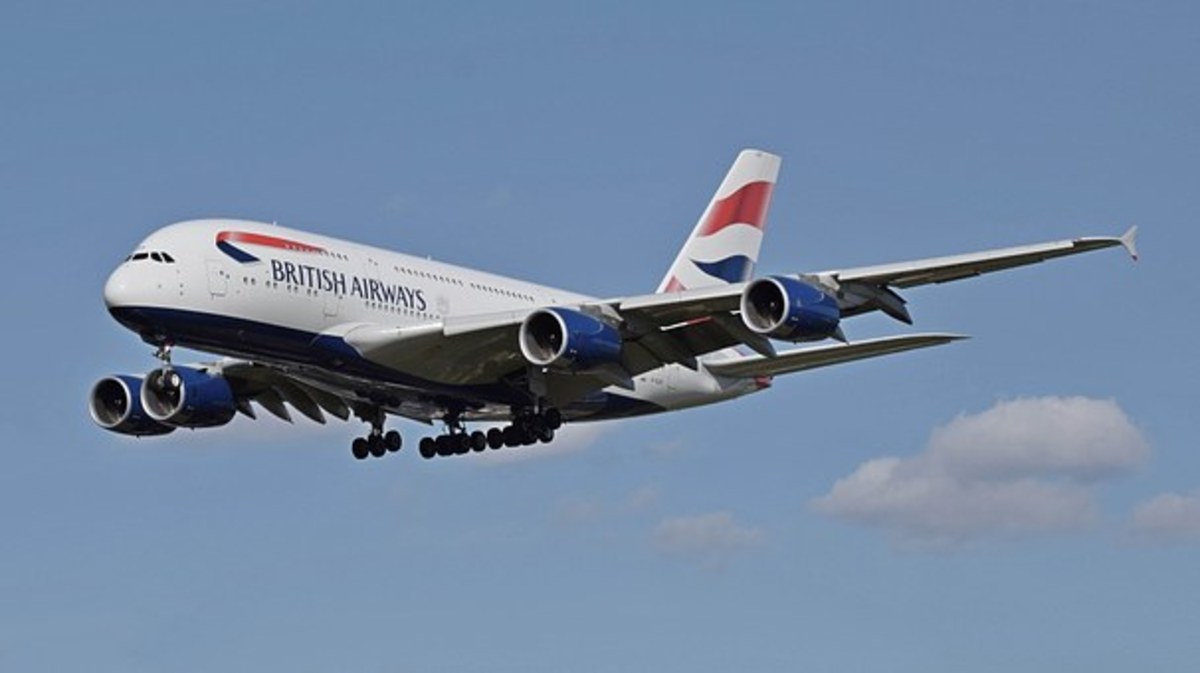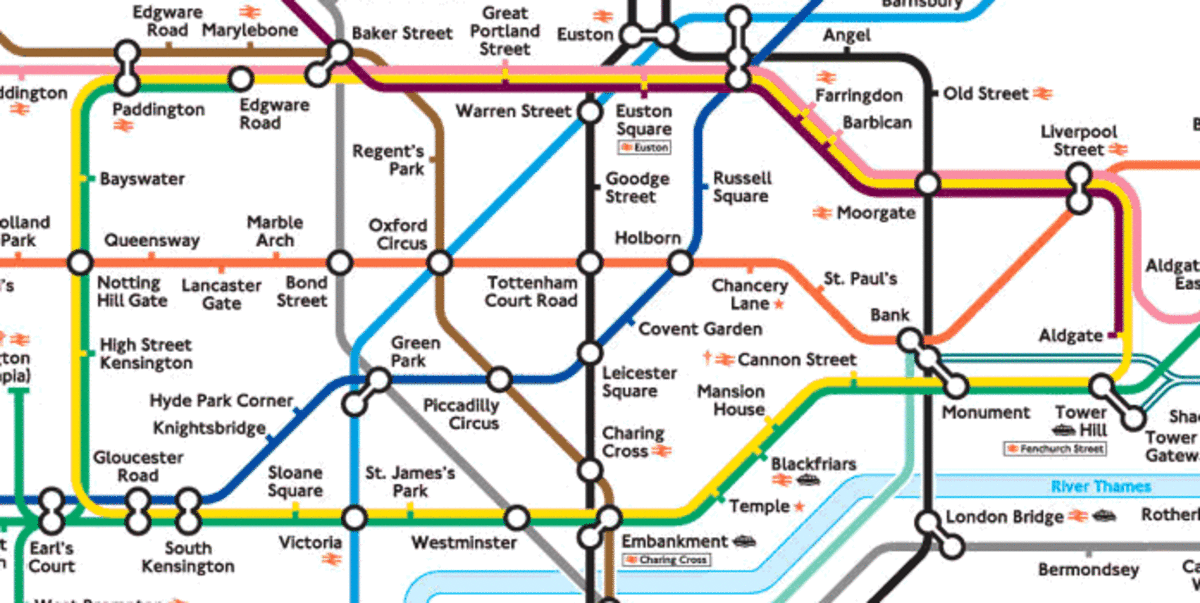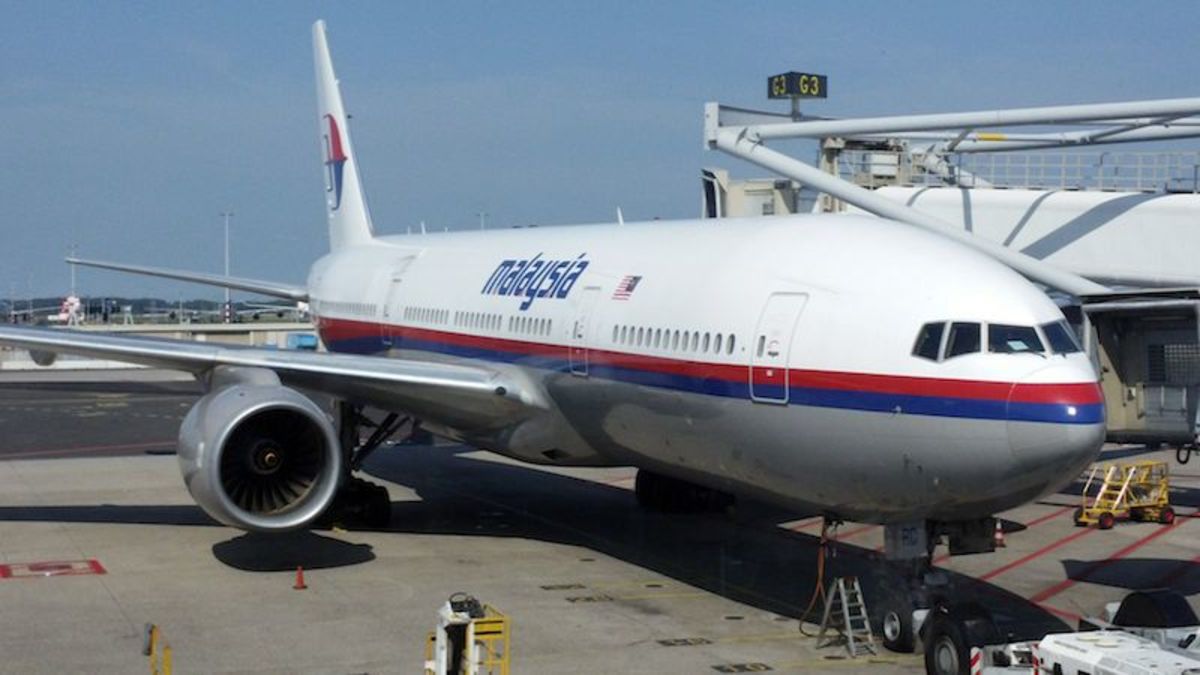How To Find The Cheapest Plane Tickets

The Secrets of Airline Ticket Pricing
Do you think the best way to
get the cheapest plane tickets is by calling the airline? Or,
do you scan through hundreds of websites provided by search engines
to find low airfare tickets? Maybe you hope to find cheap
airfare in the local newspaper's travel section.
Finding
cheap airline tickets can be one of the most frustrating experiences
that most of us learn very quickly. Of course, most people
eventually give up after spending hours scanning websites that offer
virtually the same flight schedules and pricing. People purchase
what they believe is the cheapest plane ticket, only to find their
neighbor paid just a third of what they did!
Unless you
understand the concept of of how airlines set prices, all the
searching in the world won't provide the cheapest airline ticket
prices. The following information will give you a guide to follow,
as you wander through the maze searching for cheap
airfare.
Understand how prices are set by airlines! Ticket
pricing is complex and unpredictable, and driven by competition,
demand, and inventory. Airlines call this “yield
management.”
Competition is the beast behind the
cheapest plane tickets. All major airlines utilize central
reservation systems (owned by various airlines) to fill available
seats. The systems are known as Apollo, Sabre, WorldSpan and
Galileo. Prices are based on demand, and if some flights are selling
well, the price will increase. If the flight is unpopular and has
very little demand, the fare is lowered in hope of attracting
consumers. In short, fares and inventory change every minute of
every day!
Finding the cheapest plane tickets is difficult
because travel agents and Internet websites use the central
reservation systems that are updated periodically throughout the day.
The reason why different searches come up with different results is
because the systems are not updated at the same times. And, each
system may use different algorithms when searching for low airfare
tickets, which can provide a variety of ticket prices.
Demand
drives fare prices up or down, and explains why it's usually cheaper
to fly on weekdays, late nights, or non-holidays. Ticket pricing is
based on competition. And, to complicate matters if one airline
drops rates by 20 percent, most airlines will drop their rates as
well. This eliminates a discounter's (cheap airfare) competitive
edge.
Differences in fares can exist for identical routes on
different airlines because one airline might dominate the market
share for that destination, thus cheap airfare tickets are not needed
to entice passengers. And, all this happens at the speed of light!
Prices can change while your credit card information is being
provided, and what you thought was the cheapest plane ticket,
suddenly isn't so cheap.
Inventory is another advantage used
by airlines to entice potential fliers. Airlines designate seats into
price ranges on flights to offer cheap airfare. Of course, people
hoping to secure the cheapest plane tickets are attracted to these
advertisements. But, most often, by the time you place the call to
the airline, the seats are gone.
Inventory relates to demand,
and if the availability is low but demand high, the wait for the
cheapest plane tickets can be lengthy. But, this does not mean
you will not be successful in finding low airfare tickets.
Sometimes, airlines change fares or designate additional seats,
depending on ticket sales.
These three factors
(competition, inventory and demand) are essential when looking for
the cheapest plane tickets. Before booking tickets for your
next trip, take the time to do some comparison shopping. Cheap
airfare tickets are out there for the taking, and can be found.








